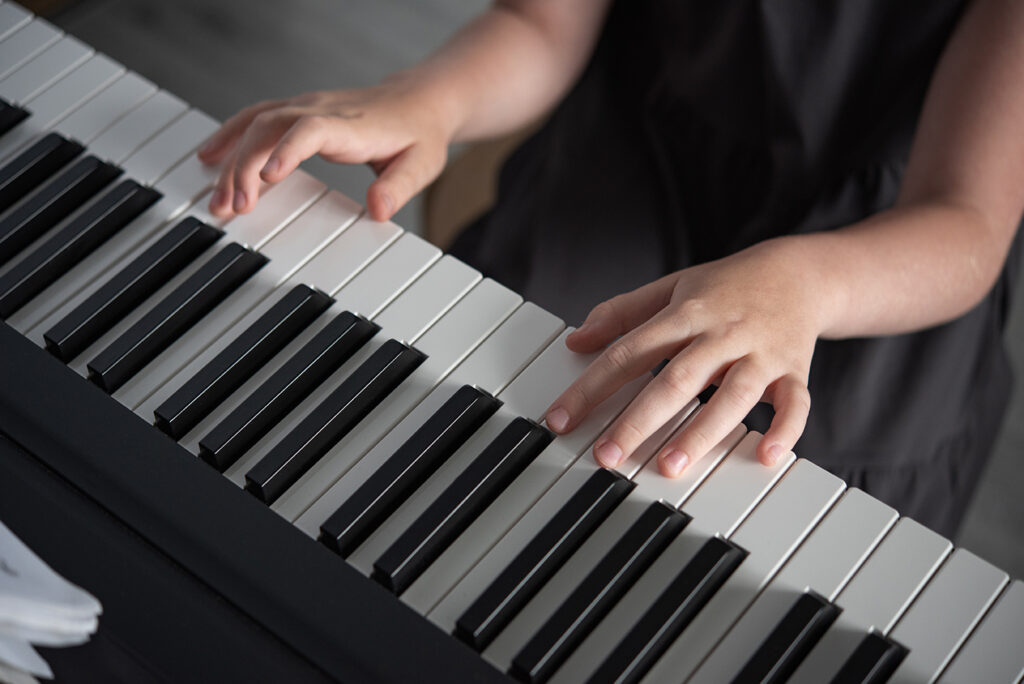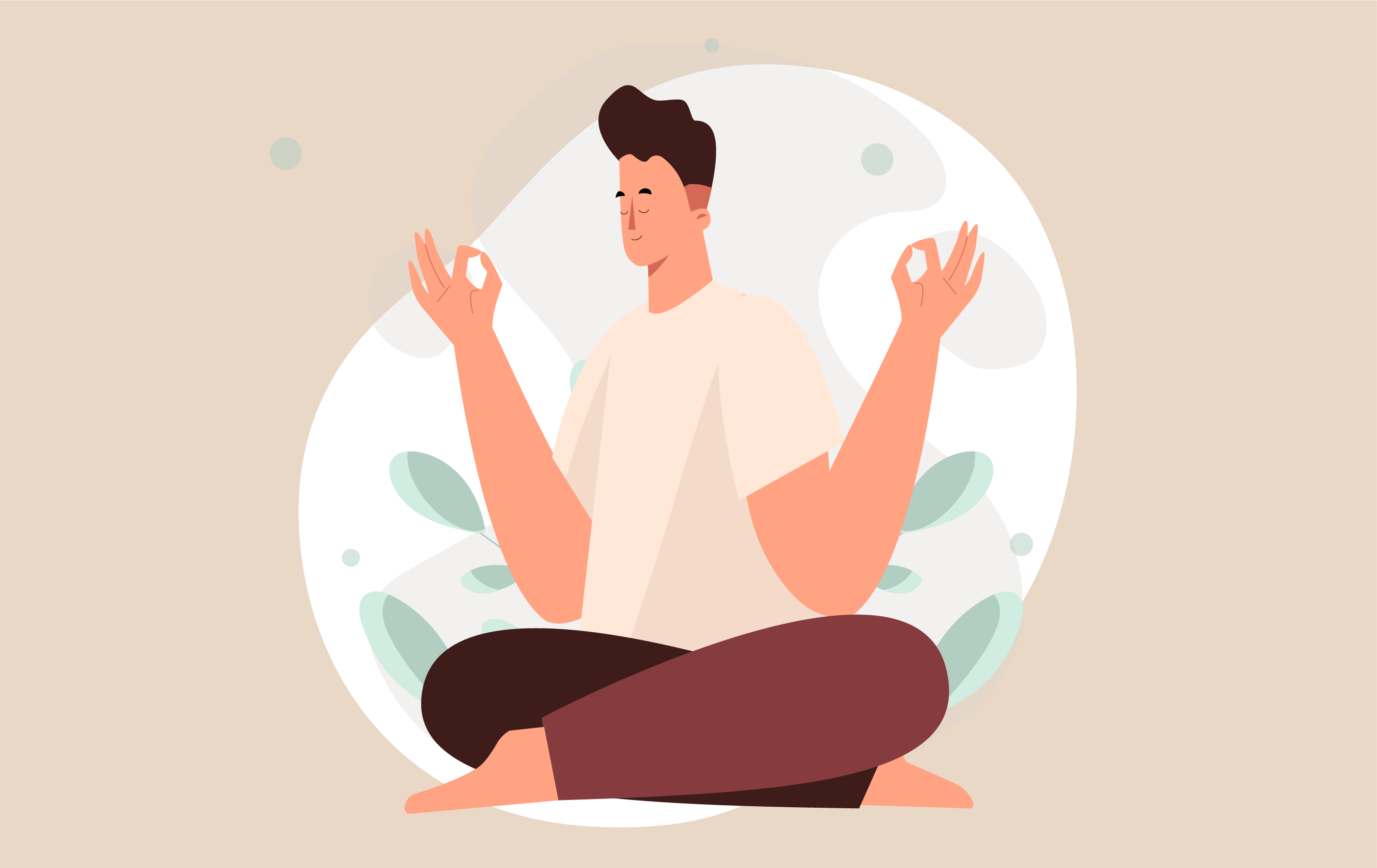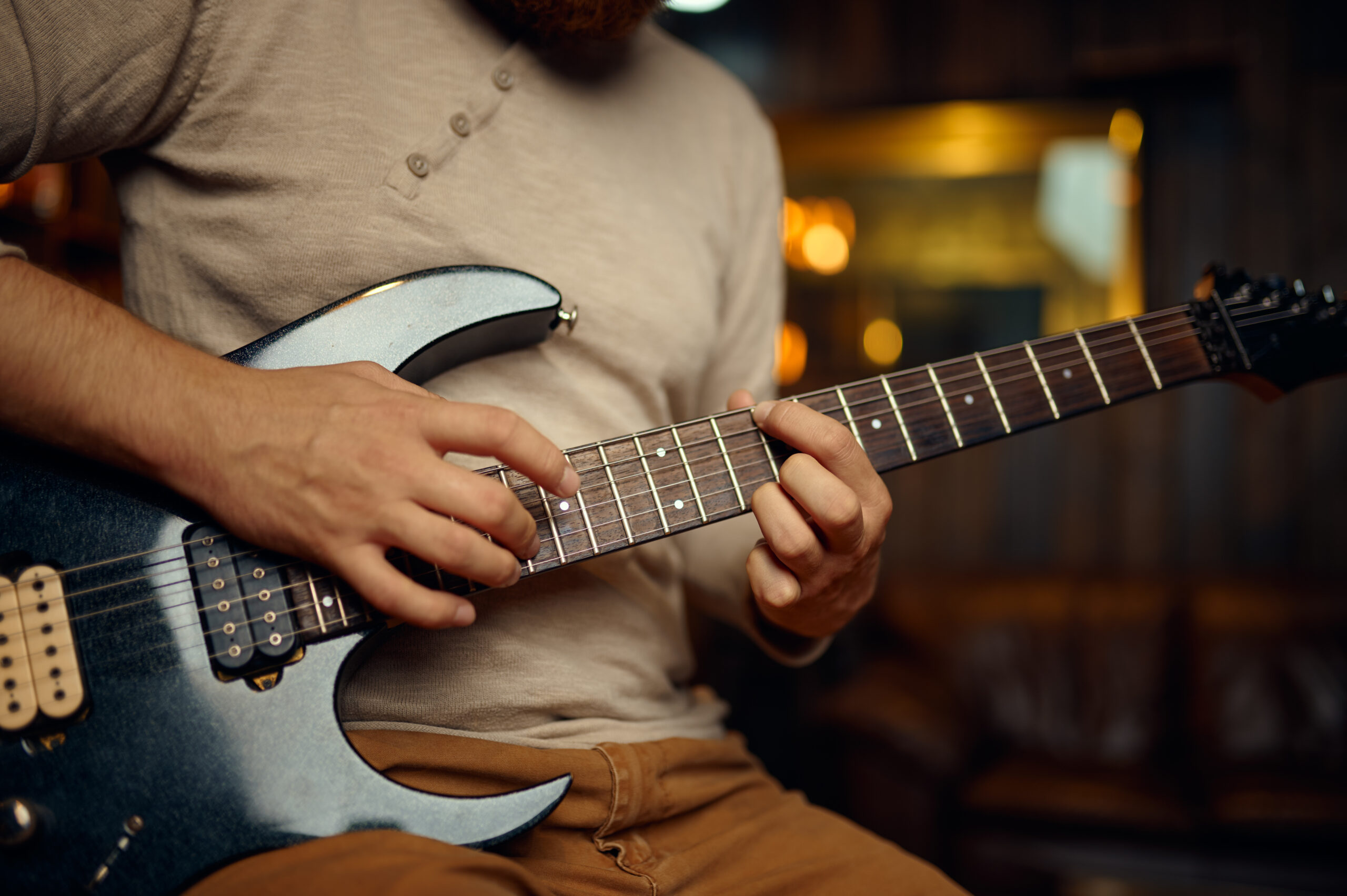6 Reasons To Start Playing The Piano Right Away
Latest Posts • 10 March 2021
There are many reasons we get excited about playing the piano. A piano has an impressive sound and it is incredibly versatile. The piano is certainly not the first instrument that comes to our mind when we think of rock and pop. Yet it plays a crucial role in many of the “classics” of this genre. But well, I am biased, because music is simply an important part of my life. But I also have a few reasons up my sleeve that will convince even musicophobes of the benefits of playing the piano.

1. Playing the piano relieves stress
In fact, playing the piano has a calming effect. People who play the piano are less prone to anxiety and depressive moods as a result of stress. In fact, just a few minutes of piano playing a day is enough to lower blood pressure and to have a positive effect on the mood. In fact, the piano is also used as a therapeutic tool for ADD.
2. Improved concentration
In fact, playing the piano has a calming effect. People who play the piano are less prone to anxiety and depressive moods as a result of stress. In fact, just a few minutes of piano playing a day is enough to lower blood pressure and to have a positive effect on the mood. In fact, the piano is also used as a therapeutic tool for ADD.
3. Easy to learn
“Excuse me?!”, some will now exclaim in horror. Of course, the piano is a challenging and demanding instrument. But compared to other instruments, especially the first steps on the piano are easy to master. Unlike wind instruments, we don’t have to learn how to use our facial muscles. We don’t need to get calluses on our fingers to be able to play painlessly without aids, as we do with the guitar. At first, “only” a few keys have to be pressed.
4. Good for the brain
Neuroplasticity is the brain’s ability to form and reorganize synaptic connections, especially in response to learning or experiencing or after an injury. Or, to put it another way, certain (physical) activities stimulate our brains in such a way that form and function change. Playing the piano does this in a positive way. Studies have shown that music stimulates the brain in a way that no other activity does. As we play a piece on the piano, new neural connections are formed. And those connections prepare the brain for other forms of communication. So while you think you’re just working on a particularly difficult piano piece, you’re also improving your memory, attention, language, spatial awareness, math skills, and even your ability to express emotions vocally.
By the way, especially those who start playing the piano in childhood can bring about structural changes in the brain that will last for the rest of their lives.
5. Good for body and motor skills
Playing the piano provides various physical and physiological benefits for pianists. Fine motor skills and hand-eye coordination are trained and improved. In addition, playing the piano is said to have a positive effect on the heart and respiratory rate and to lower blood pressure. The hand and arm muscles are also exercised while playing the piano.
6. Improved hearing
Playing the piano can improve the way we hear. Playing the piano teaches you to recognize tones, intervals and chords, and to develop a sense of pitch. It doesn’t matter how young or old you are when you start piano lessons. Playing the piano helps to train your hearing. And this in turn makes it easier to recognize and understand sound patterns in foreign languages, for example, and thus to learn them.
With all these benefits, all that remains for me to say is: Get to the keys!




Leave A Comment